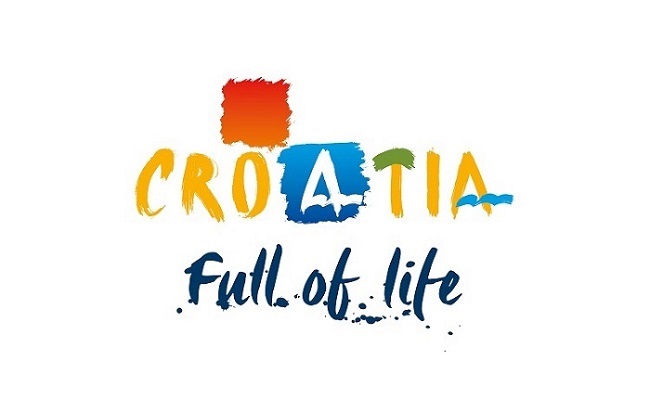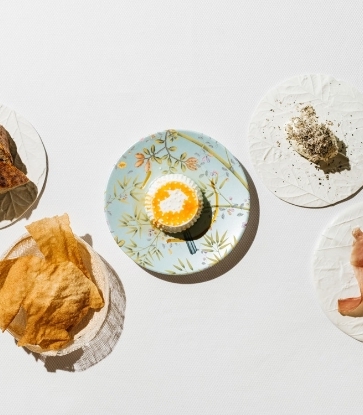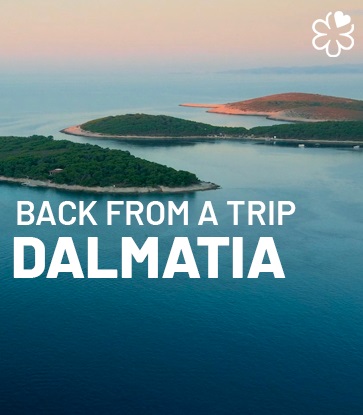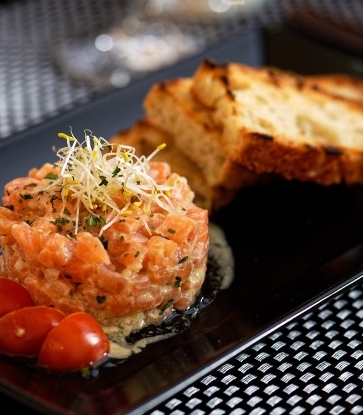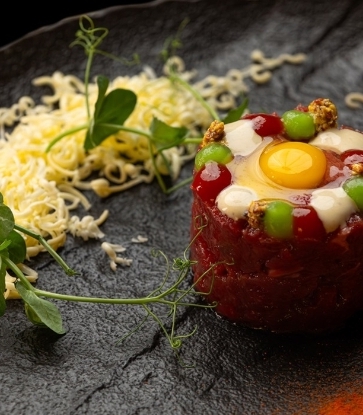We’re in Central Dalmatia, where the Mediterranean and the continent meet, blessing nature with unforgettable vistas. Lakes, golden beaches, cities bearing traces of ancient cultures such as Split, which has always been considered the “center of the world.”
The largest city on Croatia’s Adriatic coast, Split boasts a UNESCO World Heritage historic center that has existed for over seventeen hundred years. It was built by Emperor Diocletian, who wanted his palace here, around which the city inevitably grew. Among the best-preserved Roman buildings in Europe, this structure has seen scenes from Game of Thrones filmed in its underground passages in recent times and is built near the Golden Gate. The Peristyle is the former imperial square where opera performances take place today, while the Cathedral of Saint Domnius, the city’s patron saint, is among the oldest Christian buildings in the world.

In this setting, right in the historic city center, you’ll find K.užina (Kitchen), the restaurant of young chef Toni Boban. Opened just over a year ago, the restaurant sits a hundred yards from Split’s famous fish market called Peškarija, so it goes without saying that much of Boban’s menu centers on seafood.

Born in Malaysia (where his father played football) to Croatian parents, Boban returned to Croatia at age seven and remembers with particular intensity the dishes and flavors his grandmother prepared at home. To these he adds the Eastern perspective that characterized his table during his early years: “K.užina’s cuisine,” explains the thirty-four-year-old chef, “is traditional in style because it’s essential not to forget your roots, but it has a modern outlook: I always like working with fresh, local products while giving them a twist linked to Japanese and Eastern cuisine. Being creative isn’t easy, but I start from local culinary foundations to try to have fun and give Split’s residents a different twist on preparations.”

This approach yields dishes such as Amberjack with Tomato Jam, White Tomato Risotto made with tomato consommé and cooked in onion soup with basil and, again, tomato jam. Then there’s beef tartare with potatoes and anchovies, Risotto with Confit Lemon, or the Beetroot Dessert with chocolate, lime, and raspberries.
But it’s the fish, as we mentioned, that wins over hearts and palates, not just local ones. On his tables (the restaurant seats about sixty), you’ll find everything from shrimp to cod, mussels to anchovies, plus the catch of the day that varies by season: the sea here is generous, offering delicacies such as John Dory, sea bream, scorpion fish, red snapper, or red mullet.

But there’s one dish that has become Toni Boban’s signature: Octopus and lemon. Let’s start with the raw material: the catch, in this case, comes from one of the main professionals on the island of Brač, the largest Dalmatian island known for its wine, beaches, fish, olives, and prized white stone: Pjero Mladinić.
“The octopus that Mladinić catches,” Boban comments, “is among the best you can find commercially, which is why I source from him.” About sixty years old, with a wife, two children, and a life dedicated to fishing: this is the portrait of a man who has made this trade his life’s purpose. “Born in Brač,” the chef continues, “he has a unique knowledge of the sea. I’ve known him for a long time and we’re even distant relatives: every morning he goes out with his boats and some friends to find the best octopus in the Adriatic; he knows exactly where to go, he’s a master at what he does.”
From these octopuses, Boban and his brigade of six (seventeen work with him in total) create the Octopus and lemon that, as we mentioned, has quickly won over his restaurant’s patrons. Oven-cooked then grilled, it’s glazed with a yakitori sauce (clearly Japanese-inspired) with confit lemon, then served with purple carrot and seasoned with pepper, garlic, and house-made vinegar. It’s accompanied by potato croquettes “that we always ate as children,” Toni Boban concludes.
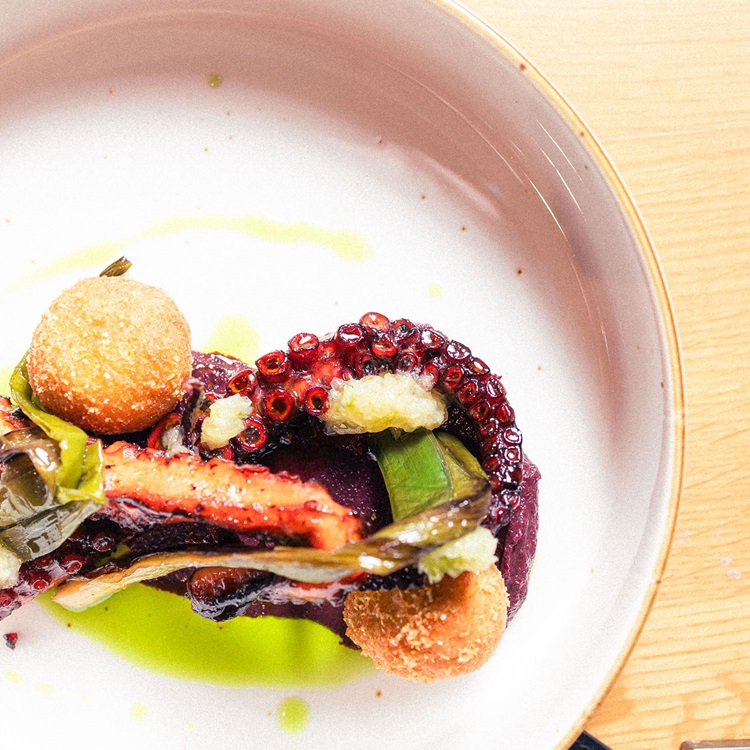
Hero image : K.užina
